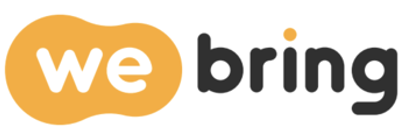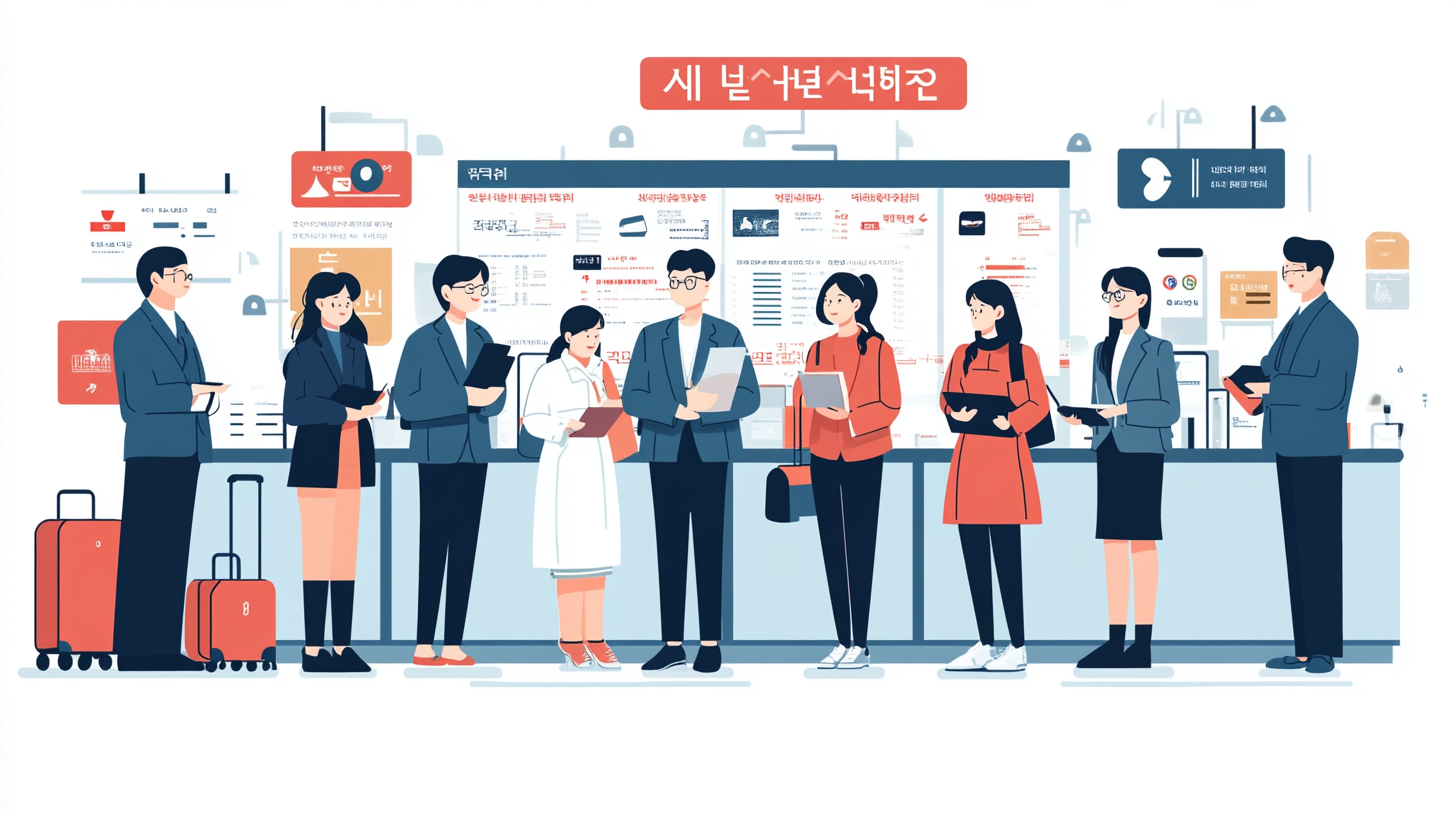When foreigners stay in Korea, the obligation to enroll in insurance may vary depending on the type of visa they hold. For example, a long-term student visa (D-2) is automatically enrolled in the National Health Insurance (NHI), whereas a short-term work visa (E-2) may have different requirements. This raises the question: “Does mandatory insurance coverage differ by visa type?” In reality, the legal regulations can be complex.
In this article, we’ll focus on key visa types, including E-2 (English teachers), D-2 (international students), and F-4 (Overseas Koreans), to clarify which Korea visa insurance policies are mandatory and what additional coverage should be considered.
E-2 Visa: English Teacher Visa
Characteristics of the E-2 Visa
The E-2 visa, commonly referred to as the “native English teacher visa,” is issued for employment in language institutions or public schools for teaching foreign languages. Typically, this visa is renewed on a yearly basis. Since E-2 holders stay in Korea for over six months, they are generally required to be enrolled in the National Health Insurance.
National Health Insurance Enrollment
Since July 2019, a revised law mandates that all foreigners staying in Korea for more than six months must enroll in the National Health Insurance (NHI). Therefore, E-2 visa holders are automatically registered for NHI upon reaching six months of residence in Korea (they may also be enrolled earlier under an employer-sponsored plan). Institutions such as language academies or schools may require additional proof such as proof of employment or income verification during enrollment.
In some cases, employers provide private group health insurance for E-2 visa holders, but this is not legally required. Some private academies opt for “foreigner-exclusive private insurance” instead of NHI, though this coverage differs from public insurance. Since NHI is now mandatory, E-2 visa holders should check whether any supplemental private insurance overlaps with mandatory health coverage.
Additionally, many E-2 visa teachers purchase private health insurance (e.g., accident or dental insurance) in addition to NHI. Why? The National Health Insurance does not fully cover dental, traditional Korean medicine (acupuncture), or certain non-covered treatments, making an additional private policy beneficial. Young professionals typically seek coverage for accidents, dental treatments, or outpatient services rather than major illnesses.

D-2 Visa: International Students
Mandatory NHI for D-2 Students
Foreign students with a D-2 visa (long-term study visa) are automatically enrolled in National Health Insurance after six months in Korea. Those pursuing degree programs or long-term exchange programs are required to pay a monthly NHI premium (approximately 50,000 KRW, subject to change). Some universities offer partial financial assistance or use scholarships to help offset the costs.
One issue is that NHI does not cover dental care or expensive medical exams, leading some universities to recommend private student insurance policies in addition to NHI. If you are a D-2 student planning frequent hospital visits or considering orthodontic treatments, a private insurance plan with dental or hospitalization riders may be worth considering.
Short-term Exchange Students (D-2-6 and Similar)
Students on a short-term exchange program (under six months) are not required to enroll in National Health Insurance. Instead, they must purchase private student insurance, travel insurance, or short-term health coverage at their own expense. Many universities offer packages that combine tuition + private student insurance.
Even if you seldom visit the hospital, an accident or emergency situation could occur unexpectedly. To stay protected, short-term exchange students should consider purchasing a temporary health insurance plan before arriving in Korea.
F-4 Visa: Overseas Korean Visa
Overview of the F-4 Visa
The F-4 visa is designated for Overseas Koreans (ethnic Koreans with foreign citizenship). It provides greater flexibility for employment, business activities, and long-term stays. Many F-4 holders resemble permanent residents, with few restrictions on work and residence. As a result, they are subject to taxation and insurance obligations similar to Korean nationals.
Health Insurance Requirements & Private Insurance Options
F-4 visa holders residing in Korea for more than six months are automatically enrolled in National Health Insurance. They may be registered as either:
- Employer-insured (if working for a company)
- Self-employed or regionally insured (if unemployed or self-employed)
Those frequently traveling between Korea and their home country should pay attention to residency duration calculations, as leaving Korea for extended periods may affect insurance eligibility and premium payments.
Additionally, F-4 visa holders can enroll in private insurance (accident, hospitalization, auto insurance, etc.) under nearly the same conditions as Korean nationals. However, note that treatment costs incurred overseas do not qualify for NHI coverage, and private insurance policies may only cover medical care provided within Korea. Always verify insurance coverage areas before purchasing a plan.
Other Visa Types: E-7, D-4, F-6 & More
- E-7 (Visa for Professionals & Skilled Workers): Required to enroll in NHI if staying beyond six months. Enrolled through employer or as an individual.
- D-4 (Language Training Visa): Not required to enroll in NHI for stays under six months. Recommended to purchase private student insurance or travel insurance.
- F-6 (Marriage Visa): Spouses of Korean nationals are fully covered under National Health Insurance, with options to purchase private health insurance if needed.
Checklist: What to Consider for Insurance Based on Your Visa
- Is my visa subject to mandatory National Health Insurance? (Most long-term visas require it after six months; short-term visas generally do not.)
- Will my employer provide NHI coverage? (Employer-sponsored or self-enrolled insurance determines how payments are made.)
- Do I need additional private insurance? (Consider coverage for dental, non-covered treatments, accidents, and international travel.)
- Does my insurance coverage remain valid after visa renewal? (Some policies require adjustment after extension or changes in status.)
- Am I bringing dependents? (Spouses or children may need family insurance plans or dependent coverage.)
Real-Life Case: D-4 Language Student B’s Experience
B was an international student enrolled in a five-month Korean language course under the D-4 visa. Because National Health Insurance was not mandatory for stays under six months, B decided not to purchase private insurance. However, in the third month, B suffered a broken ankle from a traffic accident, resulting in hospital bills of 1.5 million KRW (approx. $1,100 USD). Since B lacked insurance, the cost had to be paid entirely out of pocket.
Later, B purchased a short-term study abroad insurance plan, but it did not retroactively cover the past accident. If B had enrolled in a private student insurance policy from the start, the out-of-pocket cost could have been reduced to just 300,000–400,000 KRW (approx. $220–300 USD).
B regretted not arranging coverage early on, proving that medical emergencies can happen regardless of visa type.
Conclusion: Secure the Right Health Insurance Based on Your Visa
Korea offers various visa types, each with different residency periods and insurance requirements. Long-term visa holders such as E-2, D-2, and F-4 must enroll in National Health Insurance after a specified period. Meanwhile, short-term visa holders or those outside NHI regulations may need alternative private insurance.
Since National Health Insurance may not cover all medical expenses (e.g., dental, non-covered treatments), foreigners should consider supplemental private insurance. The best plan should account for: visa duration, purpose of stay, family members, and potential medical needs.
If unsure, consult resources such as:
- Embassies or Immigration Offices
- National Health Insurance Service (NHIS)
- Private Insurance Firms
Ignoring mandatory insurance requirements can lead to fines or unexpected medical expenses. By carefully reviewing your visa status and insurance options, you can ensure a smooth and financially secure stay in Korea.

K-Name Studio: Create your perfect Korean name based on your personality and style.
What’s My K-Beauty Personal Color?
WeBring Service : Provides personalized services to foreigners living in Korea
Exclusive offer: Introducing foreign car rental in Korea, WeBring-SoCar

